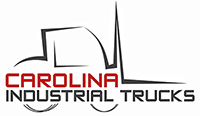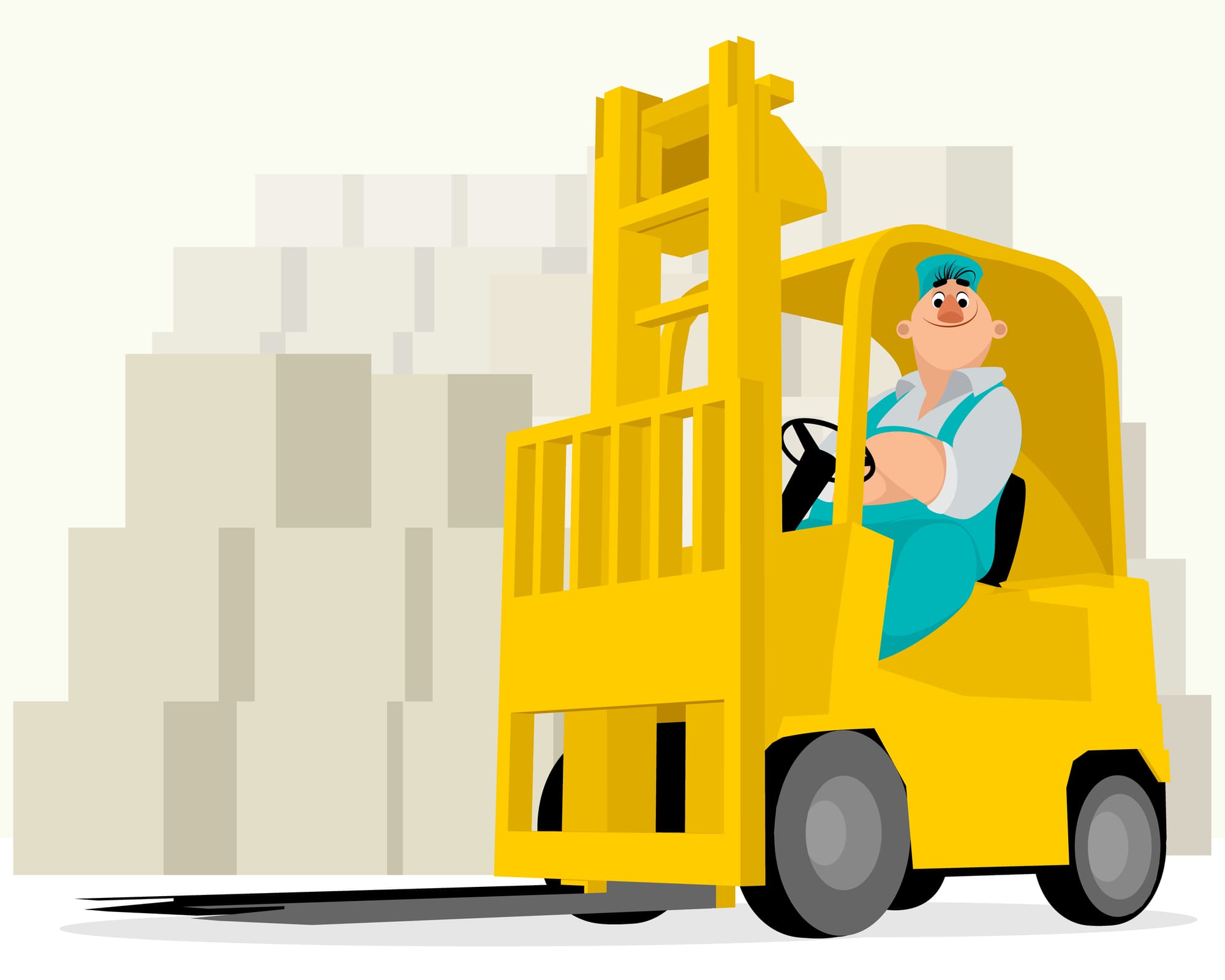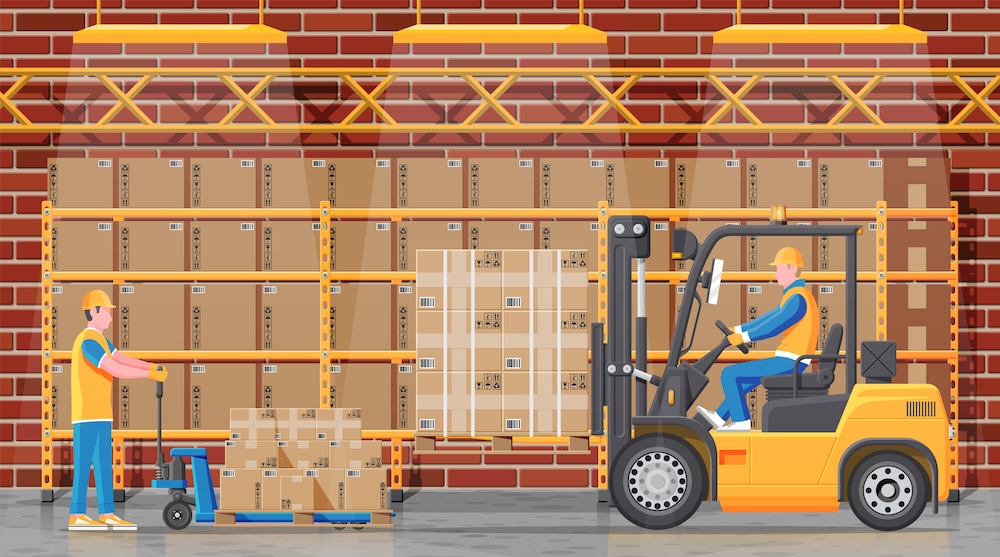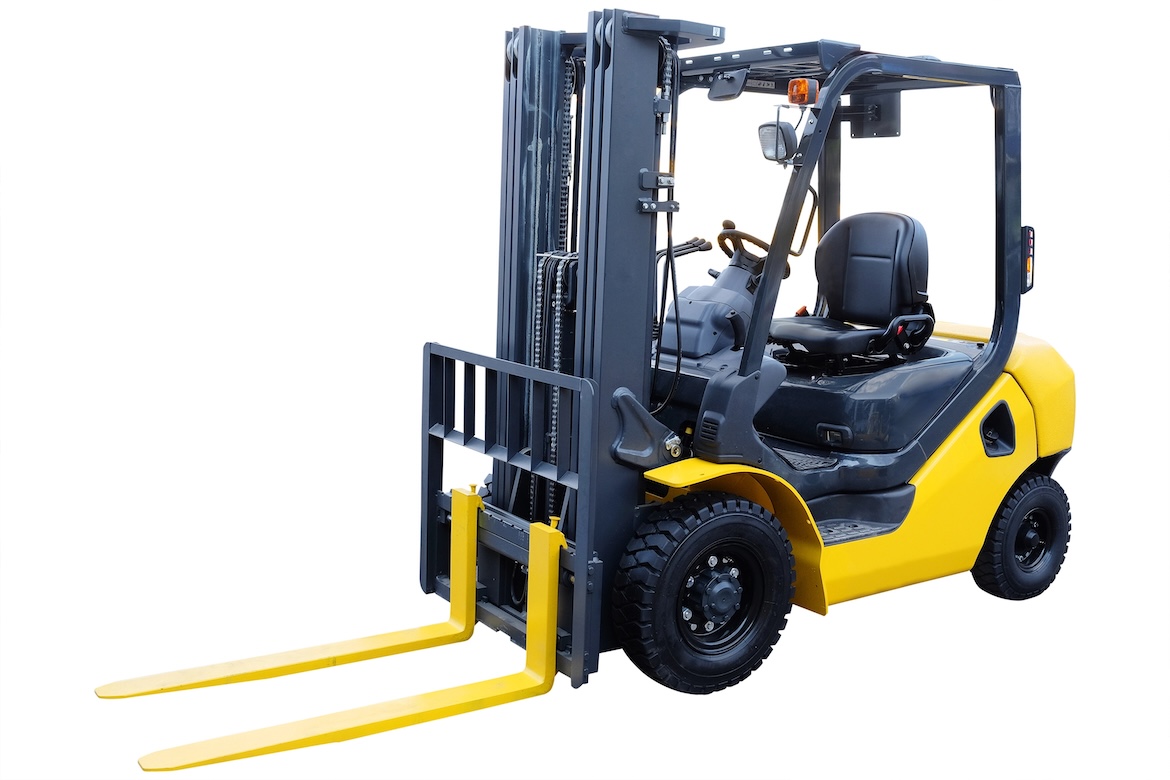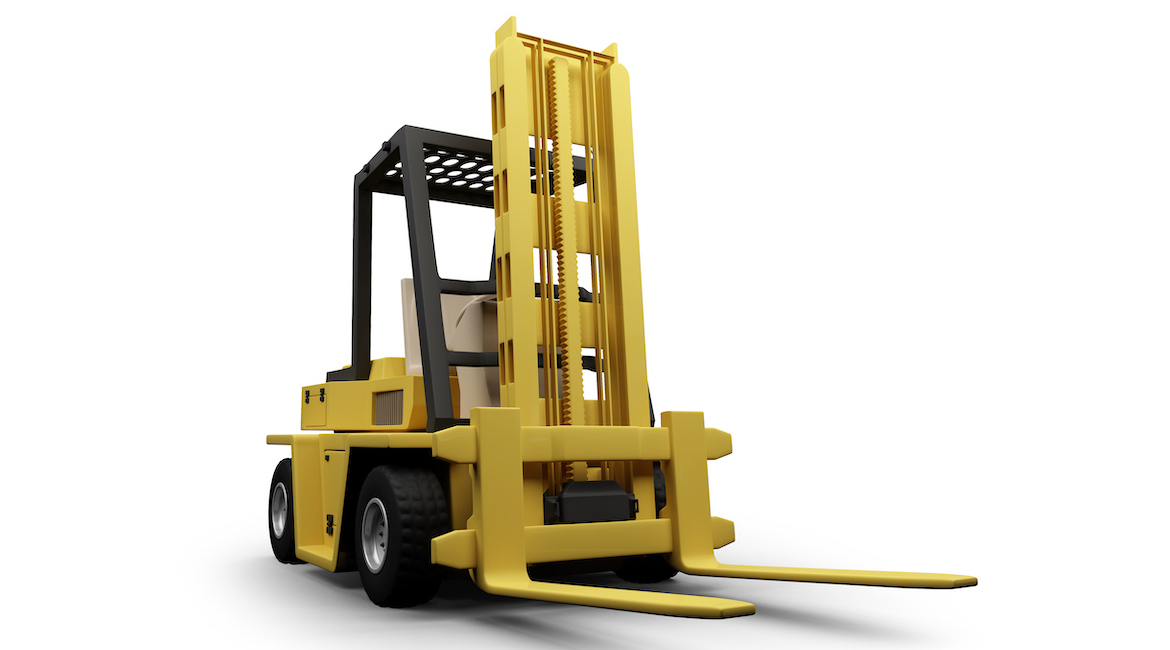Safety Guidelines for Forklift Operator Training in Anderson, SC
10/25/2021
CITrucks

Are you a forklift operator? Is safety at your job a priority? Read on to learn several top tips that should help you do your job safely.
You know the importance of a forklift on your Anderson SC job site and warehouse. It's not only responsible for the heavy lifting but also helps keep things moving more quickly and efficiently.
Yet, still, the machine is only as effective as the forklift operator who's making it go. It's still a very powerful machine that requires skill, experience, and great care to operate effectively.
The expectation for any forklift operator's duties must include making safety a priority. So, what can you do if you're an Anderson forklift operator to make sure you are safe while running this machine? Read on to be reminded and learn the tips for safer operating of the forklift.
Anderson Forklift Operator Tips to Be as Safe as Possible
Many accidents that happen while on a forklift can be avoided with proper forklift operator training. For this reason, you should not have operators on a forklift who aren't certified and trained following OSHA standards.
Employers should be proactive in requiring employees to not only get trained but also get recertified every several years. If it becomes necessary for them to operate a new type of forklift, make sure the forklift training is adequate before allowing the operator on the machine.
Beyond the necessary OSHA standards certification, there are many things a forklift driver can do to improve safety while operating the machine.
Wear Appropriate Clothing
It might not seem like the most important thing to consider the clothing of a forklift operator working on a construction site or in a warehouse. Yet, it is important.
First, Anderson forklift operators should have the appropriate safety gear such as a hard hat, reflective clothing on their body, and safety shoes. Their clothes should not be loose-fitting or baggy, running the risk of catching on something while the machine is moving.
Many forklift operators like to wear gloves while operating the machine for a better grip on the controls. At a bare minimum, you want to be sure the operator doesn't have anything like grease on their hands that might impact their ability to grip the steering wheel or controls.
Inspect the Machine Before Operating It
Accidents can occur when a machine isn't running well, or something breaks while using it. Forklift operators need to do a careful forklift inspection before running the machine.
The forklift operator should start with a visual inspection. Check the things they can see and make sure they appear operational. This should include looking for leaks and checking safety equipment. The operator should do a thorough visual inspection of the forks for cracks or breaks and the mast and mast chains.
Then do an operational inspection to see how the machine responds. You don't want to attempt to lift a heavy load only to find a cracked fork or a mast chain that is broken.
Many potential accidents that are the result of the machine having a problem can be avoided with a thorough inspection.
Know the Forklift
The forklift operator needs to know the machine they are running. OSHA has many forklift classifications that spell out exactly what the machine can do and not do.
Each type of machine will help you to define what work can be done with it safely. Some things to consider include:
Machine structure
- Weight limits
- Traveling speed
- Turning radius
- Height a load can be lifted
- When a forklift machine is used incorrectly, it can lead to dire accidents. The machine's classification tells how much weight it can safely lift, how high it can lift it, and how much room the machine needs to safely move about the job site warehouse.
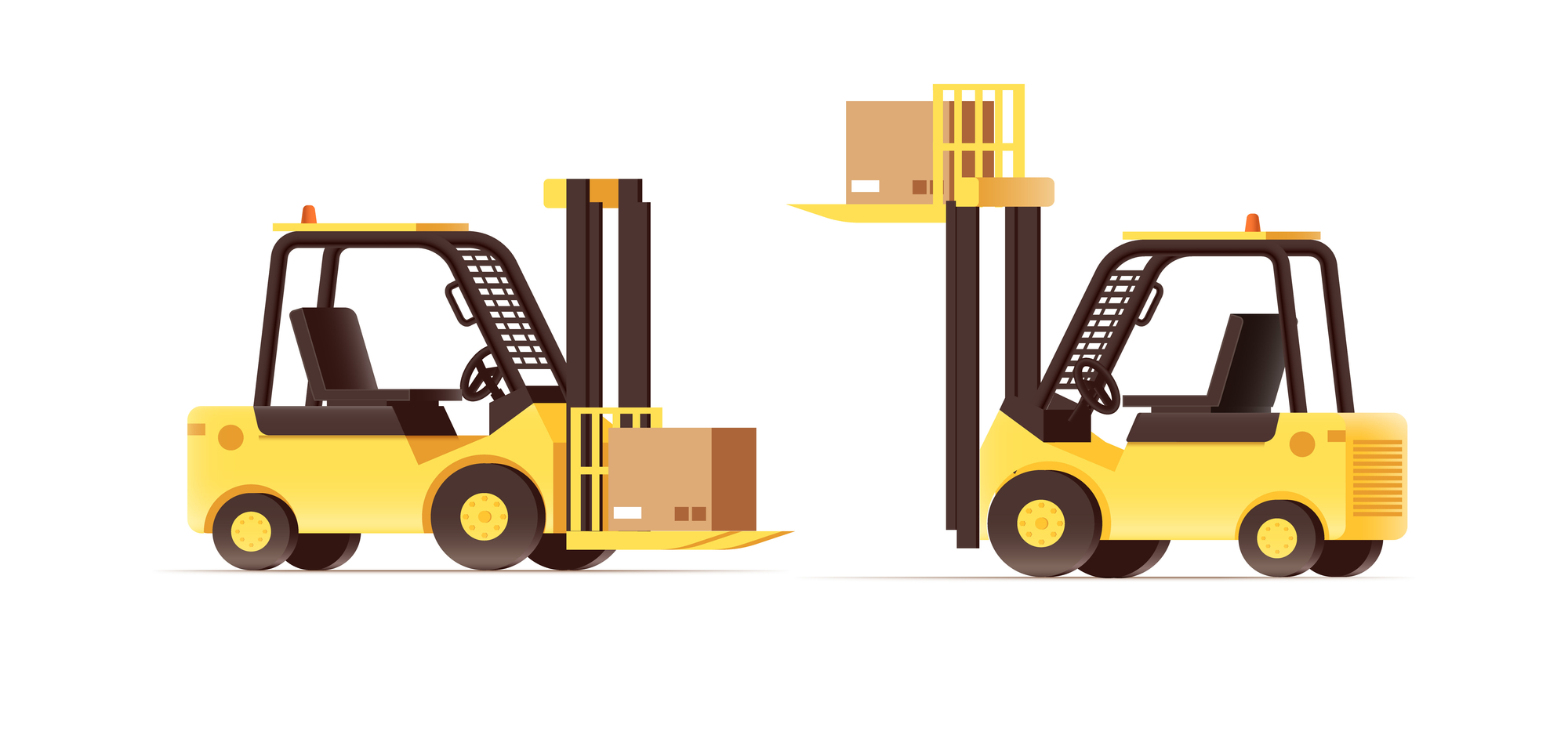
Maintain Visibility When the Machine Is Operational
This might seem overly obvious, but an Anderson SC forklift operator needs to maintain visibility while the machine is operational.
The operator should keep the forks low to the ground while moving. If the load on the forks blocks the view, then the operator should navigate the machine in reverse.
The driver should always have eyes on the direction they're traveling. Use the rearview mirrors to increase visibility.
Create a Marking System for Operations
If the machine is being used inside, you must know where the forklift is operating and that there will not be pedestrians in your path.
It's smart for warehouses to have a directional system in place and to have pedestrian and forklift paths.
Don't Exceed the Forklift Capacity
The operator of the machine must know exactly how much weight the machine can carry. They should never opt to exceed the forklift's lifting capacity.
Putting too much weight on the forks could mean the counterweight in the machine can't hold it down. This could cause the rear wheels of the machine to come off the ground or worse yet, the machine could tip.
Ensure the Security of the Load
Before lifting or moving a load on a forklift, the forklift operator needs to take the extra time to make sure the load is secure on the forks. You want to make sure the load is on the forks in a balanced way.
When moving with a load, the operator should keep the load low and tilted upward to prevent it from falling off the forks while in motion. If it seems like any items on the pallet are not secured, they should be secured before the machine goes into motion.
Maintain a Safe Speed
When the forklift is in motion, the operator should be careful to monitor speed. A forklit that's moving too fast will have a difficult time stopping or run the risk of dropping a load.
The operator should also make sure all turns on the machine are done slowly to avoid tipping a load.
Stopping the forklift should also be done evenly and slowly to avoid the load sliding off the forks.
Be a Safe Forklift Operator
It's not just important to have a forklift operator who knows how to drive the machine. You need one who makes safety a priority. It's not only how you keep the operator safe, but it's also how you keep the machine running too.
For more information on our Anderson forklift equipment or to learn more about our classes in operator training, be sure to visit our website.
